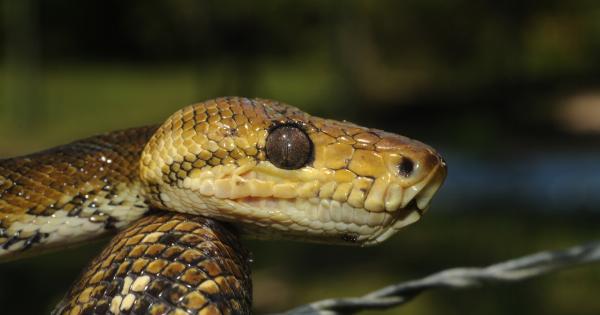Itching on the head can be an annoying and uncomfortable problem to deal with. It can not only lead to physical discomfort but also affect your concentration and overall well-being. There are several possible culprits that can cause itching on the head.
In this article, we will explore five common causes and discuss ways to alleviate the itching sensation.
H2: Dry Scalp
Dry scalp is often a result of insufficient moisture in the skin on your head. This can be caused by a variety of factors, including cold weather, excessive use of hair products, or frequent washing with hot water.
When the scalp lacks moisture, it can become tight, flaky, and itchy.
To combat dry scalp, it is important to keep the skin hydrated. Using a moisturizing shampoo and conditioner specifically designed for dry scalp can help replenish moisture.
Additionally, avoiding excessive heat during showers and limiting the use of styling products can prevent further drying of the scalp.
H2: Dandruff
Dandruff is a common condition that causes flaky skin to form on the scalp. It is often accompanied by itching and can be embarrassing.
Dandruff is usually caused by an overgrowth of a fungus called Malassezia, which feeds on the excessive oil produced by the scalp.
To treat dandruff, using an anti-dandruff shampoo containing ingredients like ketoconazole or selenium sulfide can be helpful. These shampoos work by reducing the growth of the fungus and minimizing flaking.
Regularly washing your hair and brushing it gently can also help remove excess flakes and prevent dandruff from worsening.
H2: Head Lice
Head lice infestation is a common problem, especially among children. These tiny insects live on the scalp and feed on blood, causing intense itching. Lice eggs, known as nits, can often be found attached to hair strands.
Head lice can spread easily through close contact or sharing personal items like combs and hats.
To eliminate head lice, it is important to use a medicated lice shampoo or lotion. Follow the instructions carefully and thoroughly comb through the hair to remove any remaining lice or nits.
Additionally, washing all bedding, clothing, and personal items in hot water can help prevent reinfestation.
H2: Allergic Reactions
Itching on the head can also be a symptom of an allergic reaction. Certain hair products, such as shampoos, conditioners, or hair dyes, may contain allergens that cause irritation and itching.
Additionally, some individuals may be allergic to certain fabrics, like wool or synthetic materials found in hats or scarves.
If you suspect that an allergic reaction is causing your head itching, try switching to hypoallergenic hair products or avoiding certain fabrics.
It is also recommended to consult with a dermatologist who can perform allergy tests to identify the specific allergens causing the reaction.
H2: Psoriasis
Psoriasis is a chronic skin condition that can affect various parts of the body, including the scalp. It is characterized by red, scaly patches that may cause intense itching.
Psoriasis occurs when the immune system mistakenly speeds up the skin cell growth cycle, leading to the buildup of cells on the surface.
To manage scalp psoriasis, using medicated shampoos or topical treatments containing ingredients like salicylic acid, coal tar, or corticosteroids can help reduce inflammation and alleviate itching.
Regularly moisturizing the scalp and avoiding triggers, such as stress or certain foods, may also help keep the condition under control.






























